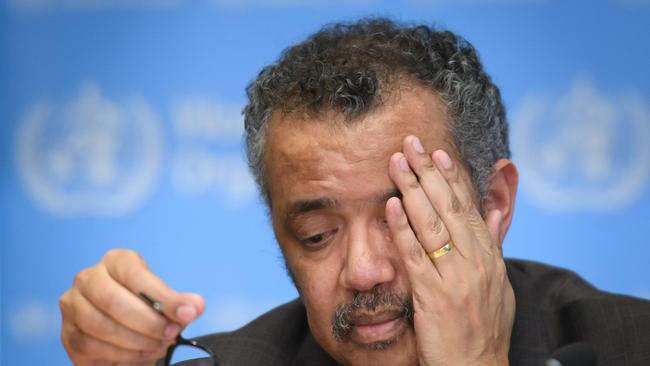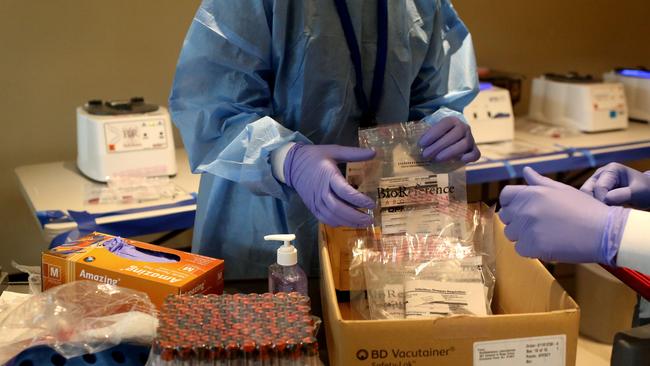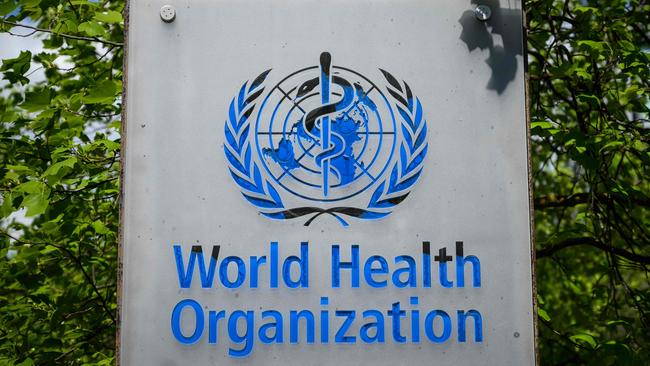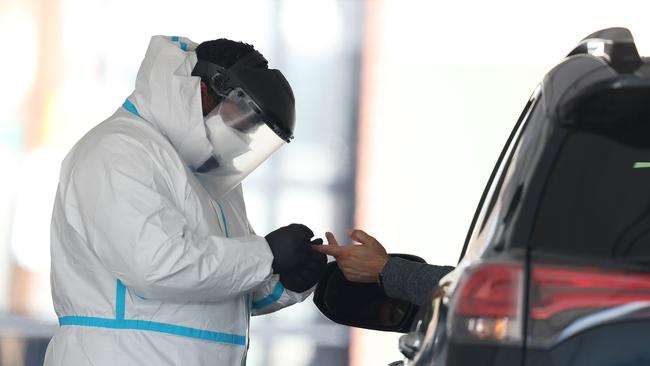Twitter is not the strong point of the World Health Organisation
Whoever is running the Twitter account of the World Health Organisation needs to read up on the facts and stop spreading misinformation, writes James Morrow.
Opinion
Don't miss out on the headlines from Opinion. Followed categories will be added to My News.
Someone really ought to take the World Health Organisation’s Twitter privileges away.
First the WHO, back in January, tweeted out that, “WHO does not recommend any specific health measures for travelers to and from Wuhan, China”.
Then in February their social media team went to work amplifying WHO boss Tedros Adhanom Ghebreyesus’s loopy statement that “The greatest enemy we face is not the virus itself; it’s the stigma that turns us against each other.”

Now, the latest shocker for the global health body’s social media account, it has had to delete advice it tweeted suggesting that people who had suffered coronavirus could wind up suffering the malady again.
What happened was this.
On Friday, the WHO put out a brief on “immunity passports”, which some have speculated might allow those with coronavirus antibodies – acquired through exposure to the disease – to travel freely.
And the paper, quite correctly, noted that “no study has evaluated whether the presence of antibodies to (COVID-19) confers immunity to subsequent infection by this virus in humans.”

Then the social media team got involved, and all hell broke loose.
“There is currently no evidence that people who have recovered from #COVID19 and have antibodies are protected from a second infection”, they tweeted.
Spot the difference?
There’s a big difference between “the data isn’t in yet”, which is what the original paper said, and “there is no evidence”, which is what the tweet said.

Unfortunately, it was the tweet that made news, leading to headlines worldwide suggesting people could get coronavirus over and over again.
While the infamous tweet about “stigma” just caused people to roll their eyes at the uselessness of the WHO, this tweet caused actual panic.
Indeed the blowback was so bad the WHO had to walk back their tweet, saying “We expect most people who are infected with #COVID19 will develop an antibody response that will provide some level of protection”.

The World Health Organisation has come under heavy fire for its early response to the pandemic and failing to raise the alarm, while also ignoring data from Taiwan which has successfully battled coronavirus but whose independence is not recognised by the communist government in Beijing.
Although it is not known for sure whether coronavirus suffers – who have antibodies to defend against the disease – are fully protected against future infections, lab research suggests that the antibodies produced during infection attack the virus later on.

